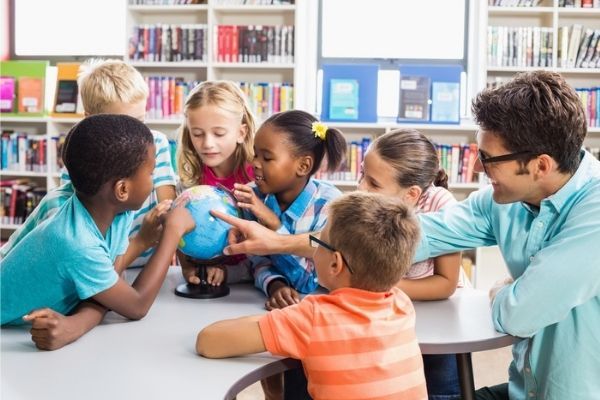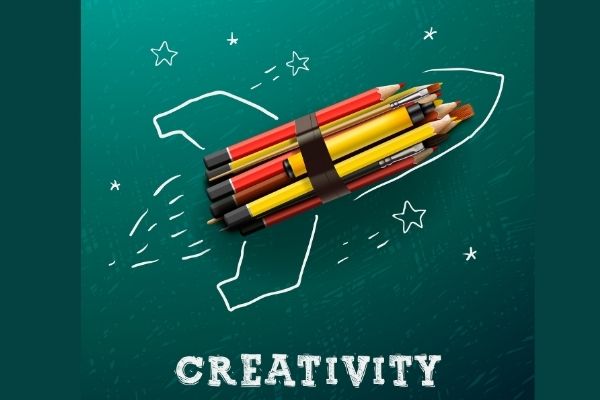The values that children of today learn from their previous generations are what makes them civic citizens of tomorrow. Be it from home or school, children imbibe the learnings that their surroundings have to offer. Suffice to say, the onus is on parents and teachers to ensure children are moulded into well rounded human beings.
In this rapidly changing world, the education system in India is at the threshold of systemic upheaval. With a major shift in the focus from just academic learning and performance, students are encouraged to pursue their in-born talents and skills, both academic and extracurricular, with equal importance.
Indian schools have much to take away from the philosophies of international schools in including 21st Century skills in the curriculum. 21st Century skills or the skills any student of the 21st Century would need to imbibe and learn to live in this modern age can be succinctly summarised into 4C’s of education –
- Collaboration
- Communication
- Creativity
- Critical Thinking
Let us delve into what these 4C’s encompass:
Collaboration
Learning is inherently an individualistic process that requires students to understand and comprehend concepts and topics to their own understanding. The role that teachers play is to simply guide students through the whole process of learning.

Nevertheless, teamwork and collaboration among students helps them understand different points of view, how to address a problem, the many ways to solve it, how to work together in harmony, etc. The world now being a global village, fostering a collaborative culture from a young age can help students navigate their fast paced lives and understand the importance of staying interconnected and interdependent with others.
Communication
Communication is the key to growth and development, for individuals and societies alike. Communication encompasses all verbal, non-verbal and digital communication that is vital for human connection and collaboration. Communication is not just how we express ourselves, but it is also how we comprehend conversations.

The manner in which information is communicated carries more weightage than what it actually means. Children should be equipped with necessary skills that enable them to be good communicators and listeners, comprehend information in the manner with which it was intended, how to read a room and respond appropriately and in building networks.
Schools should encourage open channels of communication between teachers and students that can directly help them in their overall learning and growth.
Also read about
Creativity
Nurturing creativity and the inborn talents of each student can go a long way in helping them develop their out-of-the-box thinking skills. Curiosity is the foundation of creativity. Creativity encourages students to bring creative solutions to everyday problems and teaches students that there is not just one way of doing things.

They learn how to express themselves and their ideas in a healthy and productive way through problems and activities like dance, building legos, sand castles, moulding clay, drawing, painting, etc.
Students learn how a problem can be approached from multiple perspectives. They also understand that they can express their ideas and themselves freely without being judged. All this and more enables them to grow into free thinking individuals unshackled by the confines of conventional norms.
Critical Thinking
Rounding up the 4C’s is critical thinking, one of the most underrated yet invaluable tools for today’s generation. Critical thinking enables students to go beyond merely memorizing facts and figures into understanding concepts from the essence. This can be nurtured by encouraging students to open their minds and ask questions on the topics they learn, know the whys and hows of concepts, participate in activities and use the help of technological advancements in teaching and learning.

Children have an inherent thirst for knowledge which should not be shunned, rather encouraged at every level. This can help them distinguish between truth and fiction and make informed choices at every stage in their lives.
These are the 4C’s of education, included as part of 21st Century skills that enable students to learn and grow into well informed and independent human beings.
At TIST, we aim to nurture young minds in the best way possible to make them responsible citizens of the future. That is where the 4C’s come into play in our curriculum and philosophy. You can be assured of giving only the best for your child by providing them with an education that hones and nurtures their intellect and interests from a young age.
